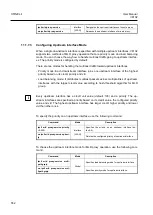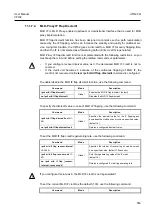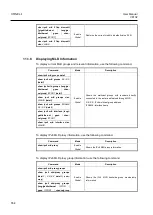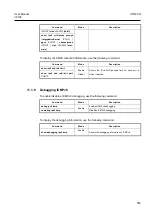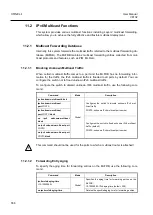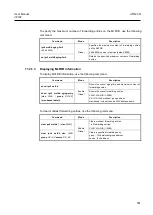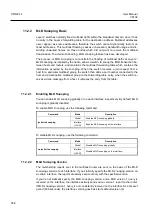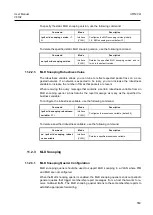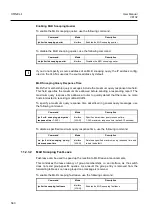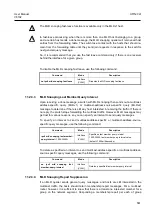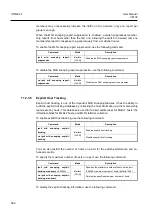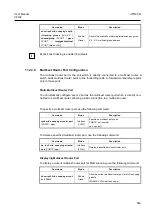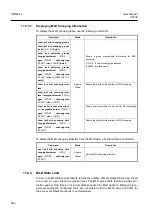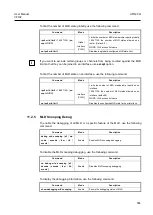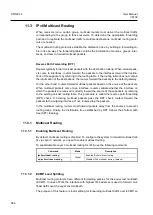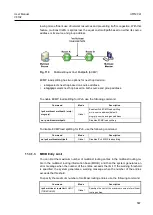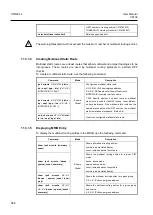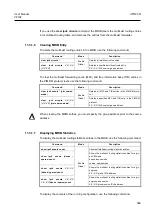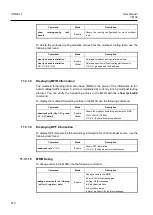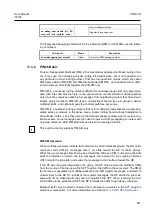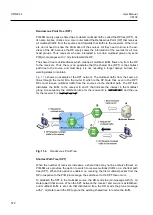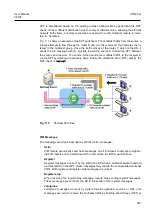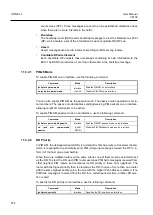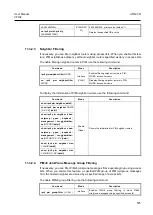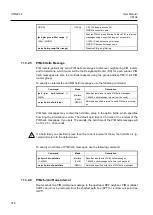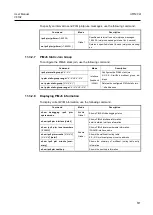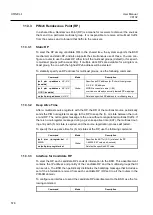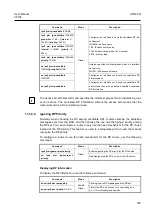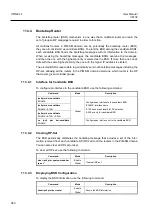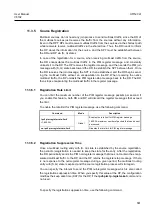
UMN:CLI
User Manual
V8102
566
11.3
IPv6 Multicast Routing
When receivers join a certain group, multicast routers must deliver the multicast traffic
corresponding to the group to those receivers. To determine the appropriate forwarding
path and to replicate the multicast traffic to multiple destinations, multicast routing proto-
cols are needed.
The multicast routing protocols establish the distribution tree by building a forwarding ta-
ble in its own way. The forwarding table contains the information of sources, groups, inter-
faces, and how to forward multicast packets.
Reverse Path Forwarding (RPF)
Routers typically forward unicast packets with the destination lookup. When unicast pack-
ets come to interfaces, routers forward the packets to the interfaces toward the destina-
tions of those packets by referring to the routing table. If the routing table does not contain
the information of the destinations, the routers forward the packets to the default gateway.
On the other hand, routers forward multicast packets based on the source of the packets.
When multicast packets come to an interface, routers validate whether the interface on
which the packets are received is directly toward the source of those packets by referring
to the existing unicast routing table. This procedure is called the reverse path forwarding
(RPF) check. If incoming multicast packets pass the RPF check, routers forward the
packets to the outgoing interface. If not, routers drop the packets.
In the multicast routing, routers must forward packets away from the sources to prevent
routing loops. Finally, the distribution tree established by RPF follows the shortest path
tree (SPT) topology.
11.3.1
Multicast Routing
11.3.1.1
Enabling Multicast Routing
By default, multicast routing is disabled. To configure the system to forward multicast traf-
fic via Layer 3 network, you need to enable multicast routing.
To enable/disable Layer 3 multicast routing for IPv6, use the following command.
Command
Mode
Description
ipv6 multicast-routing
Global
Enables IPv6 multicast routing.
no ipv6 multicast-routing
Disables IPv6 multicast routing. (default)
11.3.1.2
ECMP Load Splitting
Multicast routing protocols have different forwarding policies for the equal cost multipath
(ECMP). In case of PIM, the interface with highest IPv6 address is used to forward mul-
ticast traffic over the equal cost multipath.
The purpose of this feature is load splitting for forwarding multicast traffic over ECMP, al-

